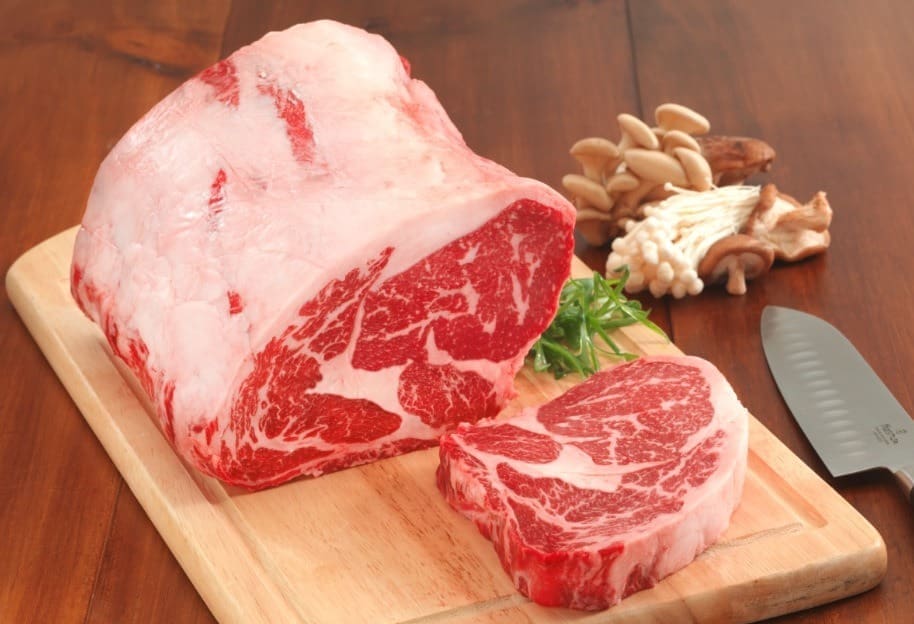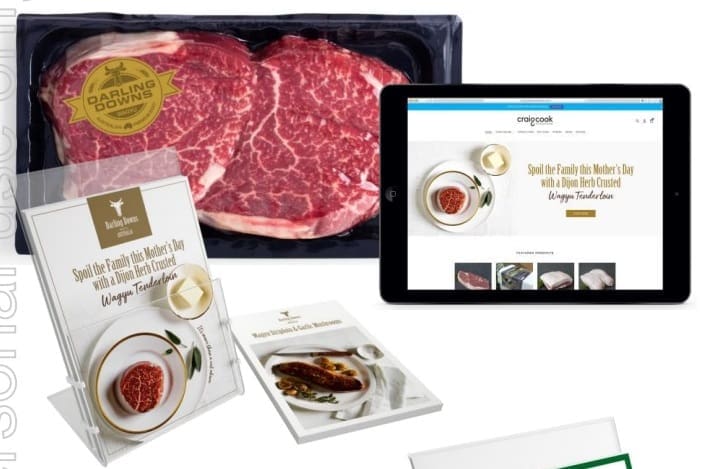
WHILE the Australian Agricultural Co’s end of financial year on 31 March meant the company’s annual results released this morning escaped most of the impact of COVID-19, managing director Hugh Killen made a number of references to the pandemic’s supply and demand impacts on the company since the start of April.
He said COVID-19 had placed AA Co in an “inherently unstable operating environment.”
Mr Killen quoted a Rabobank report at one point, noting that US food service sales had taken 18 months to recover, following the 2007-08 Global Financial Crisis.
“Having said that, Australia is relatively well positioned to weather this storm,” he said.
“Lower national beef herd numbers and good seasonal conditions are a positive. A lower Australian dollar, and disruption to our competitors will help. African Swine Fever will continue to impact protein supply, benefiting alternative sources such as Australian beef.”
Mr Killen said AA Co continued to monitor developments in the COVID-19 pandemic and the measures being implemented in the global economy to control and slow the outbreak.
“Given the dynamic nature of these circumstances and the significant increase in economic uncertainty, the impact of COVID-19 cannot be reasonably estimated at this stage.”
By the second week of March, all of AA Co’s 16 food service export markets had been impacted in some way by COVID-19, he said.
The company last month issued an advice to shareholders about the impact of COVID-19, including standing down sales and marketing staff, and reductions in hours for all corporate staff until August to “assist the company through its difficult period.”
“As government directives around the world have forced most of the restaurants which buy AA Co beef to close temporarily, we are accelerating our allocation of product to the retail markets where we already have a strong presence across our geographically diverse customer base,” AA Co chairman Don McGauchie said at the time of last month’s announcement.
While Wagyu beef is largely seen as aligned with the food service (restaurants, hotels, resorts and conferencing, for example), AA Co made the point that 40-50 percent of its overall meat sales in FY20 already found its way into the retail channel, via supermarkets and retail butchers.
Growing emphasis on retail
During this morning’s briefing, Mr Killen said AA Co had identified commercial opportunities to “pivot away from the worst impacts of the virus.”
This included accelerating the allocation of more of AA Co branded beef products to the retail sector, modifying sales and marketing priorities and taking a number of steps to optimise cashflow and reduce operating expenses.
Noting the worldwide slowdown in the food service customer channel as a result of COVID control measures, Mr Killen said while food service remains an important sales channel for the business, in this current environment, AA Co was increasing its focus into retail sales channels while protecting the brand development made to date in the food service sector.
“We have already seen positive demand growth in all of these retail markets,” Mr Killen said.
“We are now doing further work with our distributors and wholesalers to accelerate our supply of products into some of the world’s largest supermarkets, gourmet butchers and direct to customers online. This includes new activation of our Darling Downs Wagyu, and non-branded Wagyu products in supermarkets, independent butcheries and online.”
Mr Killen displayed examples (pictured below) of existing and new pre-packaged retail-ready products now being distributed in these emerging retail channels. This was happening not only in Australia, but also in other key markets including South Korea, the US, Canada, China, Singapore, Hong Kong and Europe.
Many of the emerging consumer trends were evident prior to COVID-19, he said, but the pandemic appeared to be driving them quite strongly.
“Firstly, it’s important to point out that overall demand for beef is still very strong. In particular, we are seeing strong demand for safe, high-quality, packaged imported meat, especially in Asia, and stricter hygiene regulations likely to favour integrated chains and premium imports. This is driving retail demand from supermarkets,” Mr Killen said.
“We’re also seeing strong demand from online ordering, and non-contact delivery and payment.”
AA Co was responding to customer initiatives in key markets, including online platforms in the US.
Mr Killen stressed that despite the growing strength of its retail customer channels, food service and restaurants remained central to AA Co’s branded beef strategy.
“We made strong progress in rolling out this strategy in FY20, and these gains will be protected as we pivot towards retail supply, and we look forward to growth across all of our customer accounts and regions, as we move past the worst of the impact of the pandemic.”
China’s suspension of Australian beef plants
Also in this morning’s briefing, AA Co said it was working with government and industry stakeholders, including its beef processing partners, to respond to the potential implications from the recent suspension of four Australian export beef plants by Chinese authorities.
China sales represented about 15 percent of the company’s total meat sales in FY20, worth about $34 million last financial year in revenue, while larger markets like South Korea accounted for $69m worth of sales.
Almost two-thirds of the company’s beef exports to China are produced in beef processing plants which are impacted by the current plant suspensions.
“AA Co’s global footprint and customer base enables us to divert product to other markets, if required, reducing the overall impact on our operations from the suspension of some facilities licenced for China,” Mr Killen told financial analysts in this morning’s briefing.
“We are continuing to deliver product into China, but using our established presence in different markets around the world, have also been able to divert product elsewhere, as required, which reduces the overall impact on our operations – albeit with a potential margin impact,” he said.
FY21 Outlook
Mr Killen said these were uncertain times for food service globally, and the impact pf COVID-19 was still to be fully understood, as the world comes to terms with the long-term recovery from the pandemic on everyday life.
“We do know that sustainable, healthy, high quality beef from supply chains that offer paddock to plate provenance for families and diners the world over is in demand. AA Co remains well placed to respond to this demand in whichever way it manifests itself as we emerge from the COVID-19 pandemic,” he said.




What the *%@# is new with AACo.?? Biggest cattle company in the world. No *%@#ing management. No *%@#ing idea about anything. Jon Condon, I look forward to seeing if you publish my comments. 😂
As provided, except for some minor adjustments to some adjectives, Ross. Editor